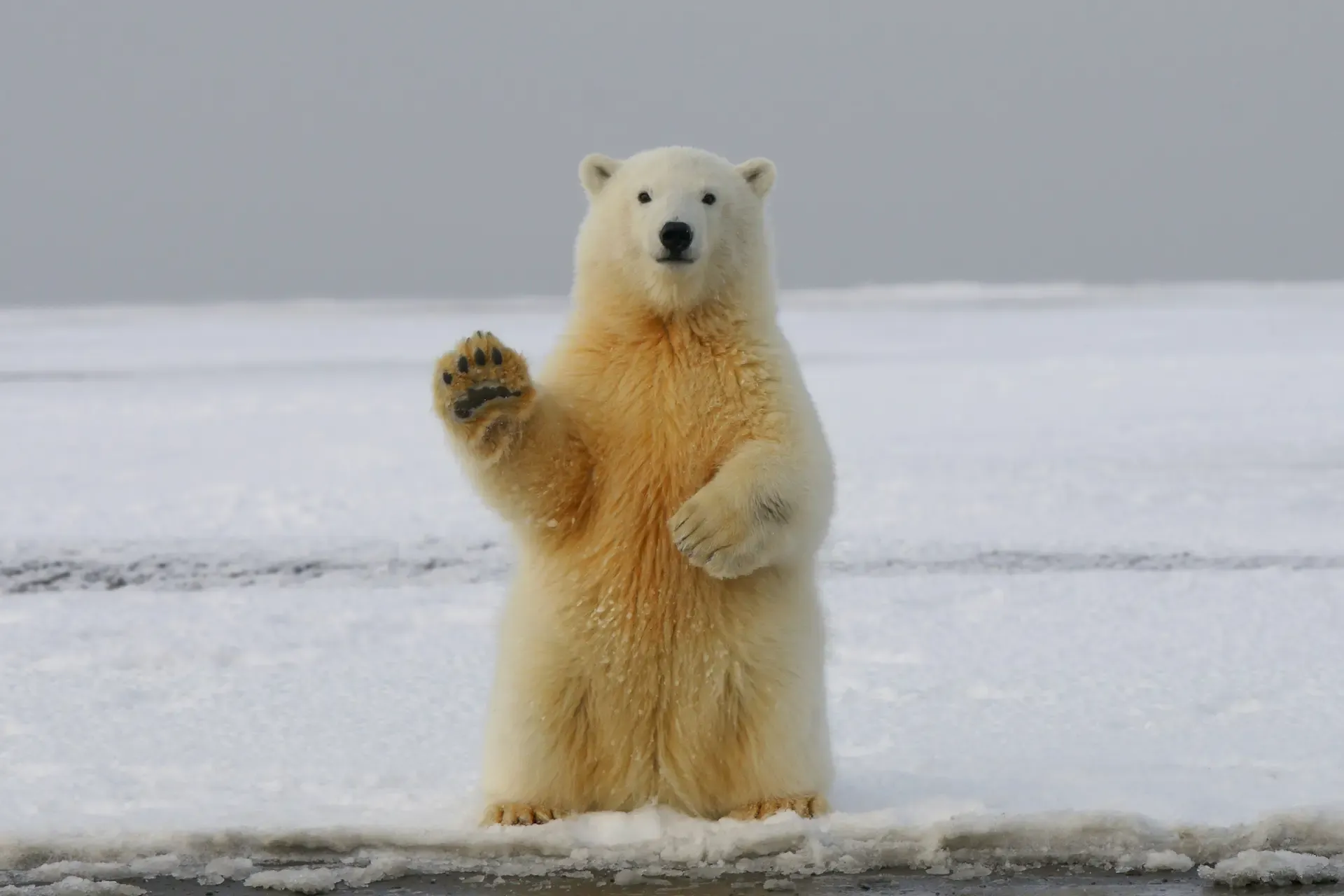Say the Weird Thing
Be who you really are to help people looking for you to find you. Let out your nerd side, embrace knowing weird things!

While writing yesterday’s post, I had to refresh my knowledge on hyphens, en-dashes, and em-dashes (- , –, —). They are the - key, option + - keys, and shift + option + - keys on a mac keyboard British layout. Merriam-Webster has a great article on how to use the different kinds of dashes.
Is this an important piece of knowledge? No. I mean it is for me, that’s the point of the article, but for most people out there, it really doesn’t matter whether you use a hyphen in place of the other two, because no one really cares — unless you work in publishing. Which you probably don’t. I still care, because it’s an obscure trivia and I like to be pedantic about things.
Or that it’s easy to tell whether polar bears live in the Arctic, or Antarctica, because they were named after bears. You would need to know some etymology of the names, and this is where nerdery comes in. Arktos is the ancient Greek word for bear, so Arctic is the land with bears. Anti-arktos — or antarctic — is the land without bears. Though there’s also the other nerdery-worthy explanation that the latin word for bear is ursus, which is the source of the latin name of the big dipper constellation — Ursa Major, — which contains the North Star, so Arctic also means North, because it relates to north because of the star in the bear star shape.
There’s also a lot more information on this linguistic archeology page about different ways bears show up in other words, like brunette, the name Arthur, the star named Arcturus, or the cities Berlin, Germany and Bern, Switzerland. Is it important to know these details? Absolutley not. Is it cool? Hell yeah!
I can also tell you a LOT about timezones. The BBC has a link designed for Year 5 and 6 students in the UK (11-12 year olds roughly) that comes up as the first result to the question “how many time zones are there?” That one is over simplified and claims there are 24. The next one is from FlyTrippers, which claims 38. Closer, but still grossly wrong, though they do take into account fractional offsets (Venezuela, India, and Tibet for example), and some of the overreaching territories in the Pacific Ocean.
The thing about time zones is that they obviously depend on how far they are from the international date line, and their potential fractional offset, however they also depend on:
- whether the time zone has DST (daylight savings time) or not
- if it does have DST, how many
- for each DST in a time zone, when does it change (US and UK change DSTs a week apart)
- for each DST when they change, which way do they change (Northern and Southern hemisphere timezones are going to change in different directions)
- for each DST, when was that introduced?
- did the time zone skip a day?
- do we need to deal with historical time zones that are no longer actively used today, but we need to deal with it because laws, or software, or archeology?
The most up to date list of time zones is maintained by the IANA. There are 597 time zones to keep track of as of writing this post. Five hundred and ninety seven. Wikipedia has an easily readable list of the timezones. Granted some of these are links only, but even if you discount the links, there are still 352 (three hundred and fifty two) zones. For practical purposes very few places are going to include all 597, or even all 352, but there are definitely more than 24 or 38.
Say the weird thing
If you peruse the video social medias — mostly Instagram, and TikTok — there are thousands of stitches of this TikTok reel: https://www.tiktok.com/@andimariere/video/7331512208049884462?lang=en
Say the weird thing. Find the people who appreciate your nerdery. Use it as a filter to drop boring and problematic people. Say the weird thing!
